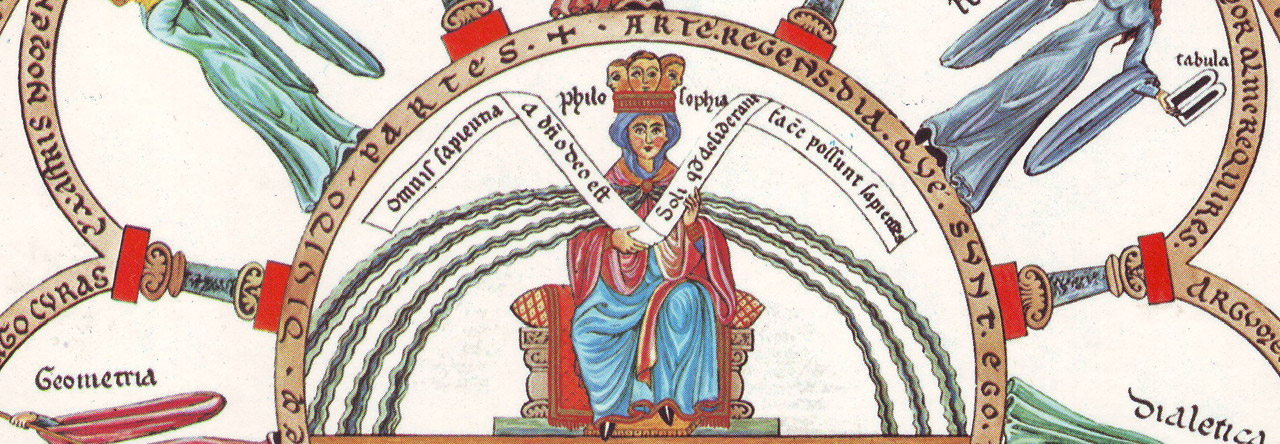Zena Hitz, Lost in Thought. The Hidden Pleasures of an Intellectual Life. Princeton: Princeton University Press 2020: A Review

Due to Corona-crisis, one of my students defended her bachelor thesis in the middle of August, a time when I try to catch up with my reading. My student’s project was to chart the scholarly literature on climate change inaction from the framework of evolutionary psychology. The question of climate change inaction had obvious personal meaning to her, she was keen to understand on a psychological level why mankind was doing so little. Near the end of her oral defence she explained that she had certain doubts about the evolutionary framework as it seemed to allow too little room for human agency. What surprised me was not so much her intuition, which I considered valid, but her comment right after that this was “only her opinion”, and “obviously out of line with the classes she had taken and the literature that she had studied”. What struck me, in short and with a sense of shame, was her lack of intellectual confidence. Granted, it is not easy to follow up on an intuition that may depart from the opinions of one’s immediate environment – the college, teachers, and peers – and yet this seems to me important both on a scholarly and on a personal level.

